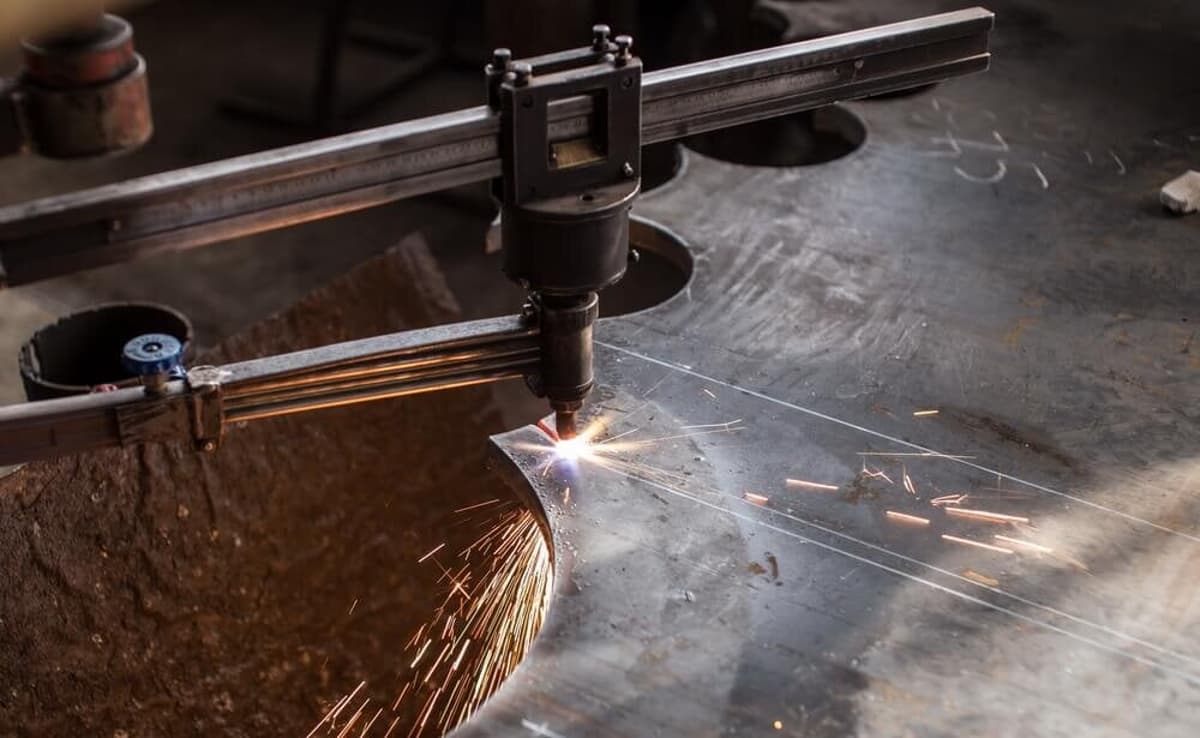In recent years, heart failure has become a growing concern worldwide, with millions of patients suffering from the disease. However, a new breakthrough in the world of healthcare has brought hope to those struggling with heart failure. Vectorius, an Israeli start-up company, has developed a groundbreaking tiny pressure sensor that is implanted in the heart to help manage heart failure.
This sensor, which is only 3mm in size, is the most advanced of its kind in the world. It does not contain a battery and is implanted with a catheter. Through data transmission, the sensor enables heart failure patients to self-manage their condition, which is the most common and complex heart disease. By using a dedicated application and adjusting medication dosages based on data from the heart, patients can prevent disease deterioration, reduce hospitalizations, and improve their quality of life significantly.
A pilot study was recently conducted to assess the safety, usability, and performance of the system developed by Vectorius. This study demonstrated that self-management of heart failure patients using pressure data from the left atrium is both safe and effective. After 12 months of follow-up, no complications or side effects were reported, and patients showed significant improvements in quality of life indicators and a reduction in hospitalizations.
The success of self-management may be attributed to patients avoiding high pressure in the left ventricle, which can lead to hospitalization due to pulmonary congestion and edema. Additionally, the transfer of control to the patient contains a behavioral component that enhances the overall effectiveness of the treatment. Patients using the system receive immediate feedback to help them balance medication and lifestyle choices.
Currently, 55 transplant recipients in Israel and Europe have been using the system, with over 40,000 cumulative follow-up days. Transplants are planned at top heart centers in the US this summer as part of the company’s expansion. Eyal Orion



